30 Must-Have Apps For Retailers (sorted by use cases)
Contents
According to the latest research published by Statista, the number of smartphone users worldwide today surpasses six billion and is predicted to reach over seven billion in 2024. Since there is a high demand for mobile phones, investing in mobile app development is a wise strategy for all businesses, especially retail businesses in the 4.0 era. Mobile app for retail helps engage more customers, generate higher revenues, and grow your business. That’s why we make a comprehensive list of 30 best apps for retail business sorted by use cases. Read more to learn hands-on experience before deciding to build your retail mobile application.
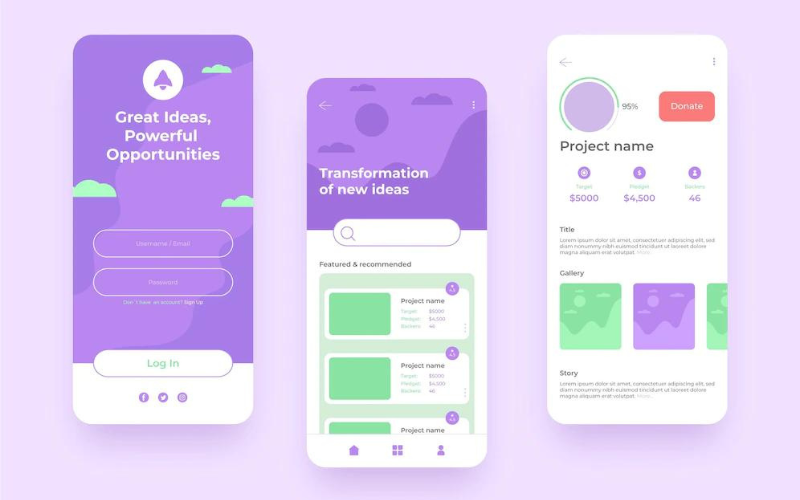
Why Is a Mobile App Useful for Retail Business?
Native retail apps yield 66% of mobile sales, twice as much as mobile websites’ sales, according to a Criteo report. Therefore, mobile apps are becoming the future of retail businesses. So, let’s start with why apps for retailers take small businesses to the next level.
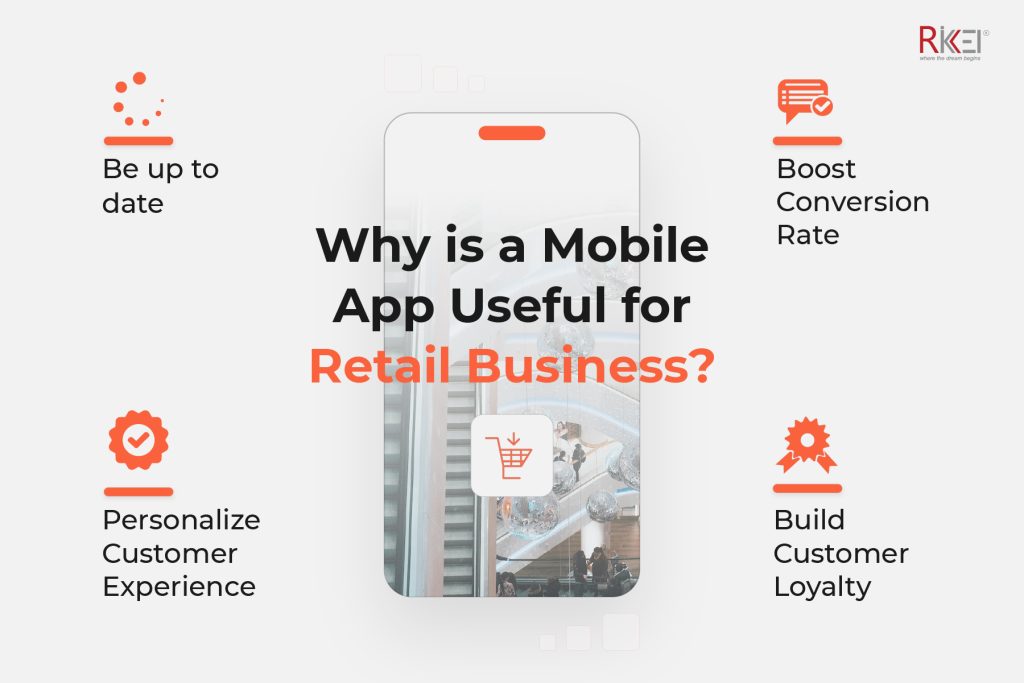
Be up to date
More and more customers have preferred online shopping as they change their way of choosing and buying products. As a result, many medium-sized businesses and small retailers must tailor their approach to fit customers. A retail mobile application is a realistic option most enterprises opt for. Therefore, keep up to date and adopt new technology as soon as possible to adapt your business in the rapidly changing world.
Personalize customer experience
When downloading an app for the first time, customers can select to receive content and communications based on their preference. As customer interactions increase, apps gradually “learn” what they love and want. Hence, apps can provide users with a tailored customer experience, create more value for customers and keep them engaged in the long run.
Build customer loyalty
According to business.com, existing customers spend time engaging with a business an average of 67 percent more than new customers. With that in mind, a mobile app loyalty program is an effective way to improve existing customer interaction and increase customer retention. As a result, it builds strong relationships with customers and generates higher revenue for your business.
Boost conversion rate
Apps for retailers allow you to send push notifications to tell customers about upcoming sales, new releases, special in-store events, etc. They are a powerful channel to get customer attraction. This channel can incentivize customers to purchase and shows a click-through rate of 40%. Higher CTR would result in a higher conversion rate for your business.
Should You Customize Your Own App?
Generally, custom apps are an advanced solution when it comes to building a mobile app for retail businesses. A custom app is advantageous for the business because it is fully tailored to meet the business’s requirements. Plus, the app is flexible and unique, which means you can have complete control over design, functionality, and branding. This makes your business special and stands out from others. Also, you can change or modify the app at any time to suit your needs. On top of that, it is effective in the long run since there is no need to waste time and money on features that you will never use. However, the downside is that the custom retail app is relatively costly and takes more time compared to the app builder. Taking both advantages and disadvantages of the custom retail app into account before making the final decision that benefits your business.
Best Retail Mobile App Trends for 2023
The Covid-19 pandemic has sped up the transition toward mobile-first solutions in all businesses. Therefore, there is a high demand for high-quality apps since more modern customers use their phones to serve a variety of purposes. In addition, due to the frequent security breaches and other risky incidents in this field, people want their activities to be private, safe, and secure. Moreover, your apps need to provide a better user experience to increase customer retention.
The development of mobile apps is proliferating. As a result, developers play a key role in helping businesses build IoT apps, mobile apps, web apps, on-demand apps, and many more. According to one study, the mobile app market volume is anticipated to reach $524.80 billion by 2026. To keep your enterprise to stay competitive in this fast-paced market, you should research the top development trends for 2023.
Here are the top 10 mobile app trends to watch out for in 2023. Let’s take a closer look.
- 5G
- AI & ML
- AR/VR
- Beacons
- Chatbots
- Predictive Analytics
- Cloud Computing
- Cross-Platform Mobile App Development
- Edge Computing
- IoT
Types of Mobile Apps For Retail Business
There are countless apps for retailers, but have you ever wondered how many types of retail mobile apps are there? Based on the functions and purposes, they are divided into 7 categories. Below are 7 popular types of retail mobile applications you should know:
- Retail app for managing your store
- Retail app for managing employees
- Retail app for branding, communication, and marketing
- Retail app for discoverability (apps that help people discover your brand more easily)
- Retail app for inventory management
- Retail app for conversion and retention
- Retail app for payment
List of 30 Apps For Retail Sorted by Use Cases
Let’s take a closer look at a list of 30 best apps for retailers sorted by use cases we have compiled for you.
Branding and Communication Apps
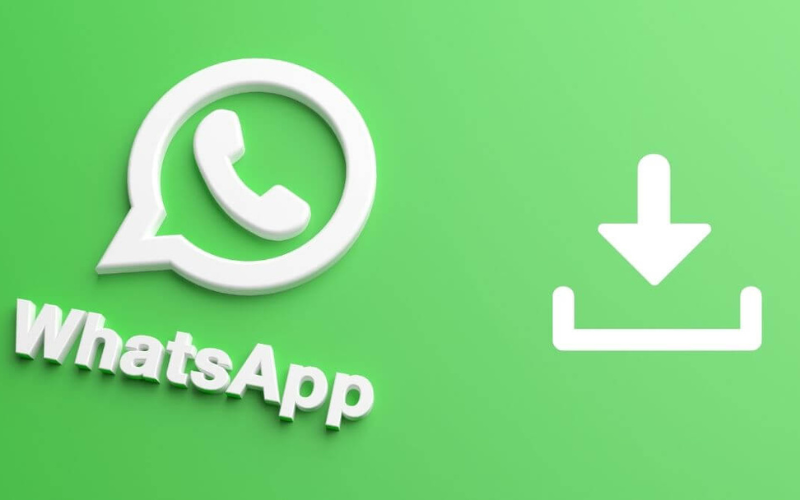
WhatsApp is a cross-platform messaging service, allowing you to communicate in one-on-one and group chat. Retail businesses can use the app to communicate with their customers throughout their purchase process, so they can shop with trust and confidence. With WhatsApp, you can build better relationships with your customers by responding instantly to incoming messages, and managing your customer communication. In addition, it facilitates transactions with special features that enable you to showcase your products and services, set prices, and share products with your customer in a few taps. Just download the app and enjoy its amazing experiences.
Slack
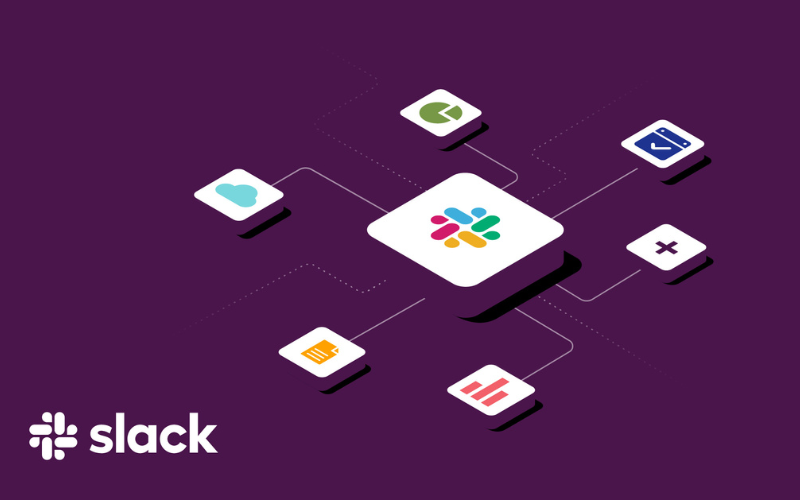
Slack is known as a messaging app commonly used by retail businesses. It allows companies to connect people with the information they need. Slack helps organizations communicate effectively by bringing people together and making them work as a unified team. Slack’s highlighting features are channels, one-to-one chat, file sharing, search, etc. And one of the special things about this app is its messaging features. It allows you to either send your message instantly or schedule it for later, therefore facilitating communication with your entire team.
Later
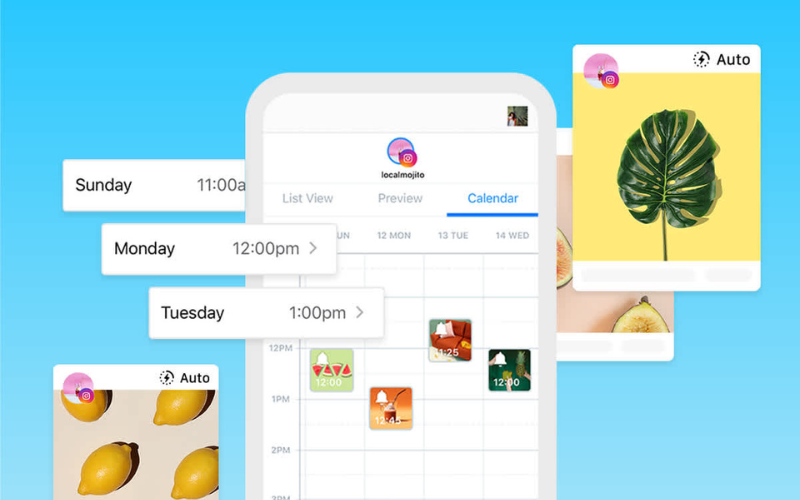
Social media is an effective marketing channel your brand should leverage. If a retail business has a social media presence, it’s time to install Later to manage your social accounts. Later come into play to help you manage your social media accounts and create a “Link in bio” hub on Instagram. Moreover, it finds the best times to post on social media to increase your social reach.
Mailchimp
Email marketing is another channel that is most popular for building your brand. In this regard, we highly recommend Mailchimp which is one of the most effective, and user-friendly apps to optimize your email so you can grow your brand. With Mailchimp, you can gather email addresses, create campaigns, and get more new customers from your phones, tablets or desktop.
Meta Business Suite
Meta Business Suite is an app helping retailers to build a brand through social media platforms. Meta Business Suite allows small businesses to manage all their connected Facebook and Instagram accounts in one place. In addition, it offers a variety of free tools to help you manage your online presence. Also, Meta Business Suite enables you to reach and stay connected to more people while managing your online presence in one place.
Canva
Canva is an online graphic design app to make branding images with drag-and-drop features. With Canva, you can create a range of items such as your logo, postcards, social post, hashtags, videos, presentations, and many more. Such time-consuming tasks become much simpler and easier, which takes only a few minutes when using the app. So let’s make your brand more appealing and engaging across all mediums by using free templates, in-app purchases, or uploading your own materials. The app is free to use or you can upgrade to premium to access additional features, photos, and illustrations.
CRM Apps
HubSpot CRM

HubSpot CRM provides a free CRM app with unlimited user allocation that includes a robust set of sales, marketing, and customer service features. The mobile app offers free features such as deal pipelines, email tracking and notifications, an in-app dialer, and meeting scheduling. You can also access customer contact records, create tasks and reminders, and update customer information without using a desktop computer.
Highlighting mobile features of HubSpot CRM include:
- Email tracking
- Meeting notes
- Real-time notification
- Live chat
- Email campaigns
Salesflare CRM
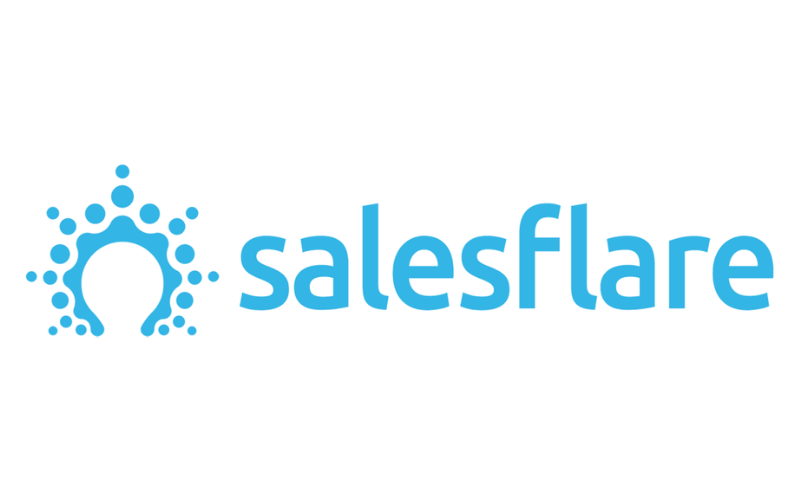
Salesflare CRM offers data entry and workflow automation tools to retail businesses. It also provides features for email campaigns, website engagement tracking, and a mobile app. One special thing about Salesflare CRM is that it doesn’t rely on data input from your team. Instead, it automatically tracks everything about your customers as well as customer interactions.
Below are some key Salesflare CRM mobile features:
- Workflow automation
- Contact and Pipeline management
- Team collaboration
- Mobile App
- Reporting & Analytics
Salesforce CRM
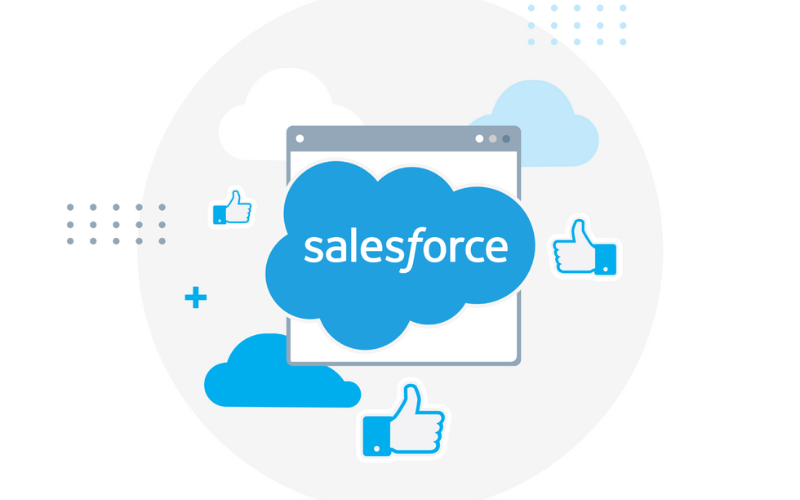
Salesforce CRM is customizable to the team’s needs and tracks customer interactions from one location. Its AI helps automate processes and detailed data tracking, enabling you to create custom reports to analyze sales performance. The app is clean, and simple to use, providing users with many key features. Features of the Salesforce CRM mobile app are as follows:
- Einstein sales assistant
- Lead scoring
- Sales forecasting
- Task management
Zoho CRM
The Zoho CRM is an excellent option for small and medium businesses. It interfaces smoothly with platforms like Google Drive and Microsoft Office. Its features consist of automated sales and marketing capabilities as well as lead prediction and gamification. The Zoho CRM mobile app helps convert the PC version to the app form, and the app itself is simple to use.
Read on to find some main features of the Zoho CRM mobile app for retailers:
- Prospect geographical scanning
- Sales forecasting
- Reporting and analytics
- Task management and reminders.
Pipedrive
Pipedrive excels at being an easy-to-use platform with powerful integrations. It can create custom reports and has collaboration tools that make it easy for teams to work together. The mobile app displays your schedule to show you unread emails and overdue activities that need immediate attention, so you’re always on schedule.
It also gives you access to your sales pipeline so you can see where your deals are and what happens next. Pipedrive provides an overview of each deal, logs, and phone calls and helps plan follow-up activities.
Some of the key features of Pipedrive CRM mobile app consist of:
- Pipeline customization
- Accounting and invoicing integration
- Insights and reporting
- Workflow automation
Zendesk Sell
Zendesk Sell offers great integration with mobile apps and is a versatile product for small, medium, and large businesses. It is especially suitable for sales representatives in the telecommunications and manufacturing industries. Through its excellent lead management capabilities, mobile app, and communication tools, Zendesk Sell enables businesses to manage and optimize their sales processes.
Here are striking features of Zendesk Sell you should know:
- Note-taking
- Integrations
- Mobile app customization
- Messaging
Salesmate
Salesmate CRM is the best all-in-one solution for sales, marketing, and support teams, offering a suite of powerful features to help businesses streamline their processes and drive growth.
With Salesmate CRM, teams can manage their contacts, deals, tasks, and activities, automate their sales processes, and track their progress in real-time.
Salesmate is a mobile CRM that helps sales teams manage their contacts, deals, and activities on the go. With real-time sync and intuitive interface, sales reps can access customer information, track deals, and log activities from anywhere via iOS and Android app. Helps sales teams stay organized and efficient for better results.
The following are some of the primary attributes of the Salesmate CRM mobile app for retailers:
- Contact management
- Lead management
- Sales activities
- Marketing automation
- Activity logging
Ecommerce Apps
Shopify
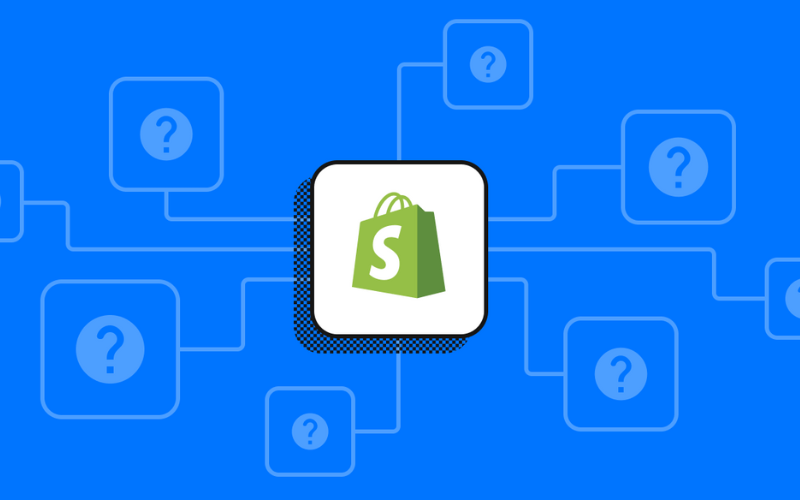
Shopify is an excellent app when it comes to eCommerce apps for retailers. It is available on both Android and iOS devices. The app enables you to manage your products, run marketing campaigns, ship your goods, and follow up with customers. All of these time-consuming tasks can be done from your phone. In addition, the Shopify mobile app helps you track incoming orders anytime, anywhere since it provides a single location for managing orders, shipping, and payments.
Magento
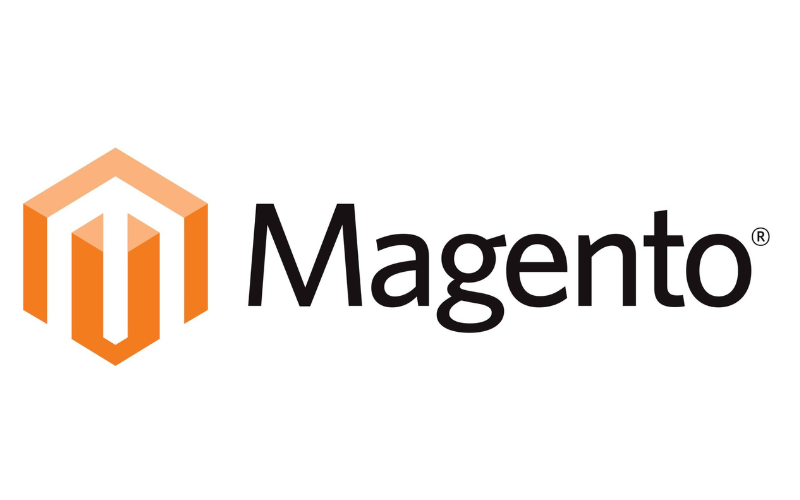
Magento is the ideal eCommerce app for retail businesses looking to expand their reach with a mobile app for both Android and iOS. With the support of Magento, you can build a custom app that contains features such as RTL support, deep linking, multiple & custom payment gateways, firebase analytics, and many more. To make a great customer experience, the app also includes other features like one-page checkout, multiple product listing page views, secure payment gateways, a customizable dashboard, and so on.
eBay
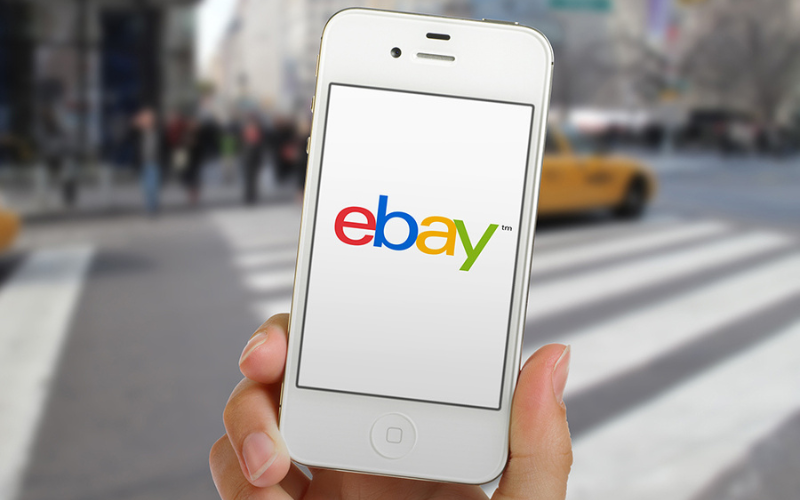
eBay is a popular auction site where anyone, from individuals to retailers, can buy and sell goods. With eBay, shop owners can create, edit, and monitor their listings easily. What’s more, they are able to relist items, track active listings and provide tracking information to buyers on the go. For retailers to sell goods on the platform, eBay typically charges 10-15% of the final value. The first 259 listings each month will be given free; after that, the insertion fee is $0.35 per listing.
Etsy Seller App
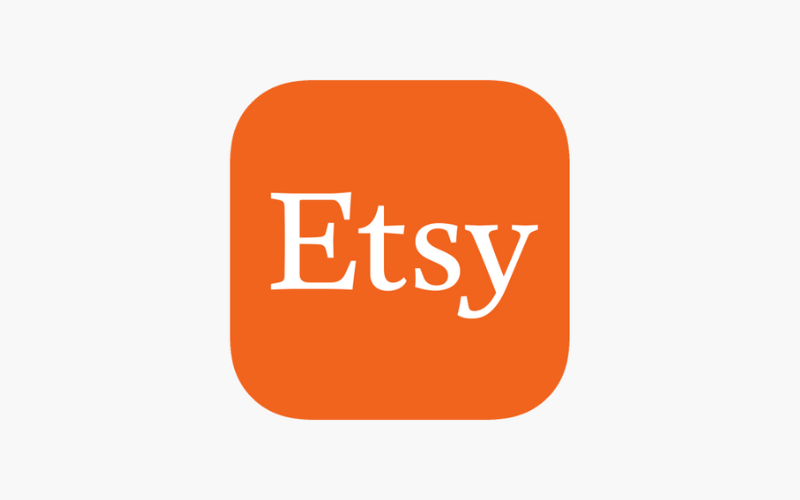
Selling on Etsy is worth investing in for retail businesses. It’s one of the quickest, cheapest, and easiest ways to sell your products online. Essential types of products sold on the app are handmade toys, vintage furniture, jewelry, clothing, holiday items, and especially craft supplies. With the Etsy seller app, retailers can manage orders, create, and manage listings as well as respond to buyers instantly. In addition, they can accept payment seamlessly from their phones and get access to detailed statistics about the shop’s performance to analyze and optimize the shop.
WooCommerce
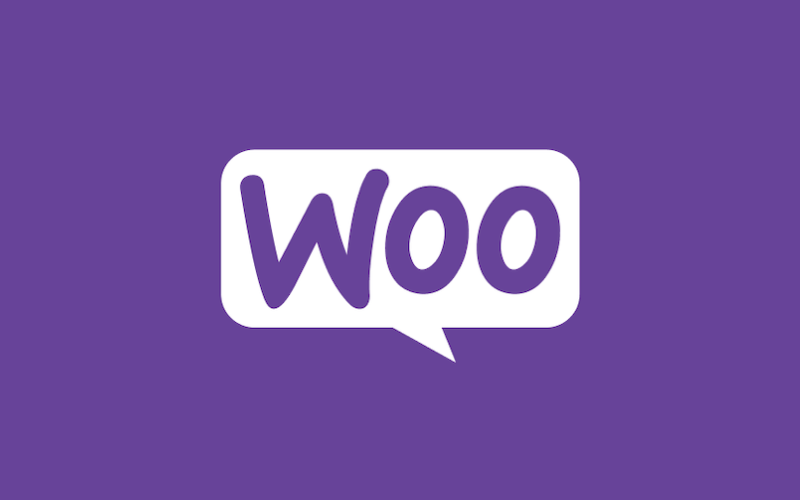
The WooCommerce App is a WordPress eCommerce plugin that allows users to create and publish products and manage their online store from their smartphones via plugins and third-party apps. With the app, you can add, edit, publish products, process orders, print labels, and keep track of key statistics in real-time. Additionally, the WooCommerce app allows you to switch between stores easily if you running multiple businesses at the same time.
Amazon Seller App
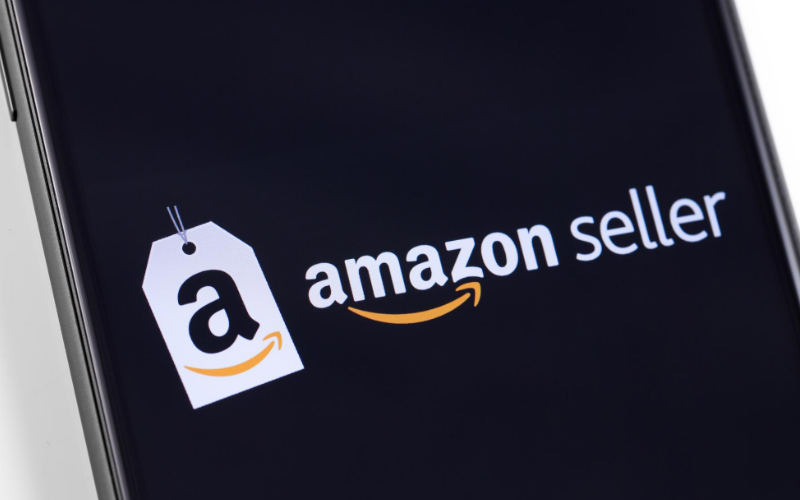
Everyone is familiar with the Amazon brand. It is not only the largest eCommerce platform in the world but also the most user-friendly one. Amazon eCommerce App helps retailers across the globe sell their goods online conveniently. Using the app can help you to save time with easy access to listings, sales, and other store features. In addition, you have the freedom to manage inventory and product prices remotely and improve store performance by responding to customer feedback and requests. Especially if any issues arise, the app will send instant notifications, allowing you to resolve and minimize disruptions to your business.
Inventory Apps
Stocky
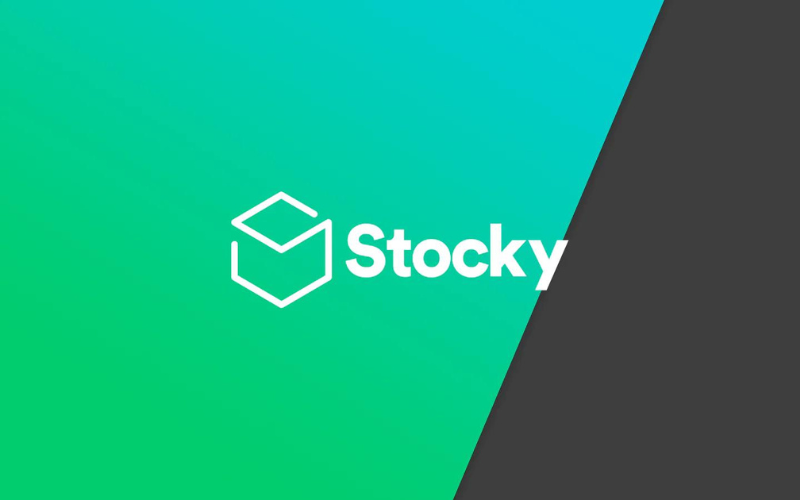
Stocky is one of the popular inventory management apps for retailers that is included with Shopify POS Pro subscriptions. The app shows you what’s in stock, what’s running low and what items need replenishment. Stocky also displays your best-selling products in its app dashboard, as well as how many are still available. It will assist you in anticipating any impending shortages, ensuring that your most popular products are always available for purchase. Using the app is beneficial to retailers for reducing inventory loss, saving time, and reducing errors when tracking products across all locations.
Vend

Vend is a POS platform designed for iPad, which aims to be used by retail businesses. You can incorporate the app with barcode scanners, receipts, and cash drawers. The software manages the inventory, sales process, and customer data. Although Vend is a cloud-based app, it can be used offline thanks to its ability to sync data after reconnecting. Plus, it uses the most popular business sales and payment processing applications. The service has three pricing plans, each with a 30-day free trial.
inFlow Inventory
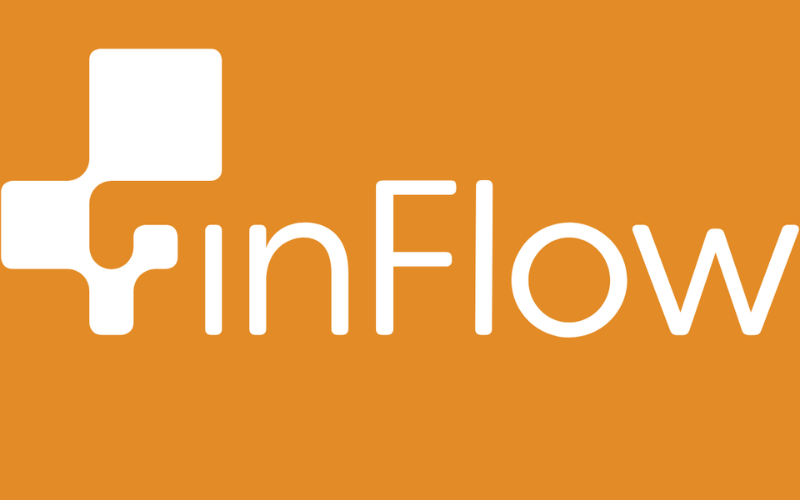
inFlow Inventory is among the best inventory apps for retailers to pick. With the app, you can fulfill orders from your phone, track inventory, and manage orders across multiple warehouses. Furthermore, inFlow app enables you to use a built-in barcode reader to scan items, adjust inventory levels and create new sales from anywhere. Other features such as live chat, email, phone support are also included in the app.
Sortly
Sortly helps you easily upload existing inventory lists and organize inventory folders by types, locations, and other categories. When you start the app, it includes an offline mode, allowing to scan incoming and outgoing items even when your smartphone isn’t connected to the internet. When you’re back online, all your offline activity is synced with your account seamlessly. Sortly not only offers barcode scanning, but it also supports QR codes. That gives your company more freedom to select a suitable scanning method for your business.
On Shelf
On Shelf is one of the best apps for retail stores in terms of inventory reports. A great merit of On Shelf is its advanced analytics and reporting features. As it provides perpetual inventory tracking, you can see the current inventory levels instead of the inventory level yesterday. Therefore, you never worry about ordering excess inventory. What’s more, with the app, data can be synced between multiple devices; as a result, you and your team can update data in real-time from any location. However, the biggest downside is On Shelf is only available on iOS devices.
Stock Control Inventory

Stock Control Inventory is among the best for retail store in terms of warehouse management. You can attach detailed, custom location information to each item using the Stock Control Inventory app. Hence, it helps simplify asset tracking, order picking, and warehousing. Also, Stock Control Inventory allows you to generate PDF catalogs of your items according to their current inventory levels. You can then share these catalogs through your sales channels to ensure that your customers only order items that are still in stock.
Lightspeed Retail
It is a POS system with many built-in inventory management features. Lightspeed Retail helps business owners to keep track of stock easily and effectively. Besides, business owners can use the software to fill out purchase orders and make bulk price changes across sales channels. Reorder points and low stock alerts can also be set up. The app is the perfect fit for bike and sports goods, jewelry and accessories, home decor, fitness and supplements, etc.
Payment Apps
Google Pay
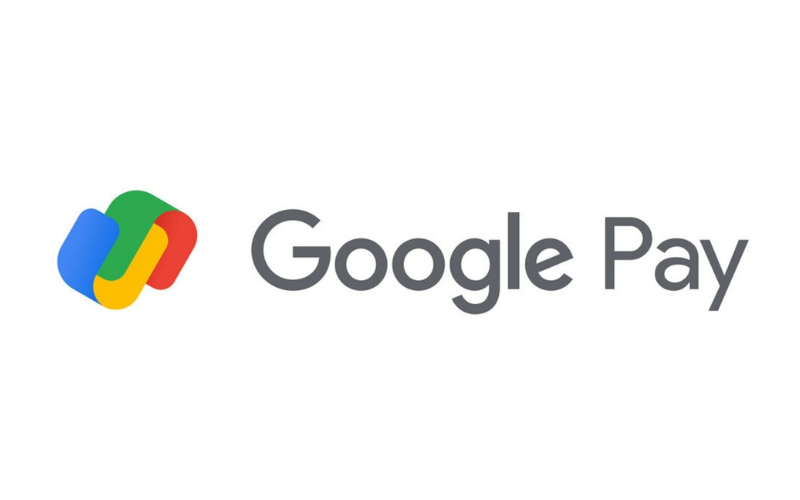
Google Pay is an online payment system many retailers opt for. It is now a common form of payment for in-store and online purchases in the world. The app protects customers’ payment information with plenty of layers of security and allows them to send money from one place. For your customer to use the app, they need to connect either a bank account or a credit card to their Google Pay account. After that, their phones become a payment method for any online store accepting this method.
PayPal
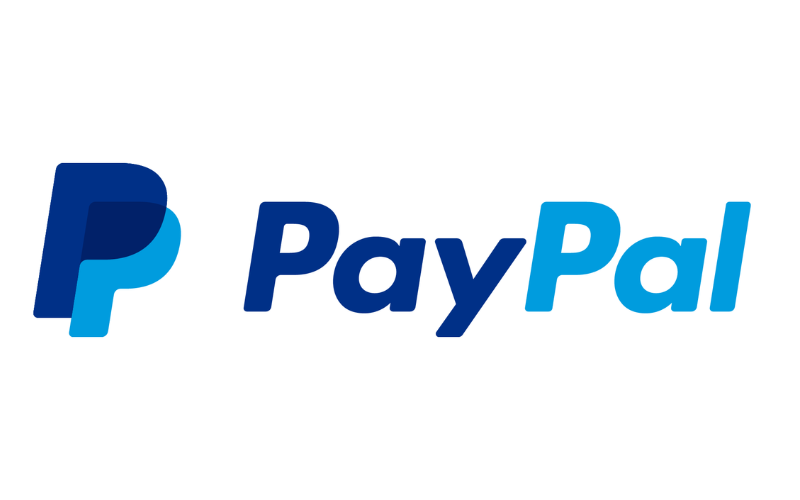
PayPal is one of the most prevalent online payment processors. Online businesses using the PayPal checkout option have 82% higher conversion rates than those without the option. The app allows customers to make payments using a range of methods such as PayPal balance, PayPal Credit, a bank account, credit or debit cards, and rewards balance.
Stripe
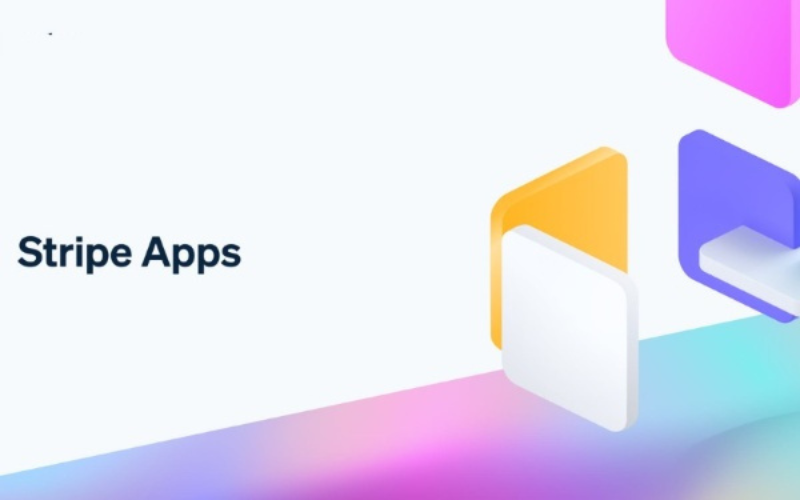
Stripe is an online payment processing for businesses of all sizes. When a customer buys goods online, the funds must be delivered to the seller. With Stripe, it provides safe and efficient processing of funds and transfers those funds to the seller’s account. It accepts digital wallet payment (Google Pay, Apple Pay, Grab Pay, Alipay, and Microsoft Pay), credit and debit cards for in-person and online payments.)
Apple Pay
Apple Pay is a mobile payment service owned by App Inc that enables customers to pay in iOS apps. It is installed on Apple devices such as iPhone, iPad, Apple Watch, and MacBook. The platform accepts credit and debit cards, and P2P payment via iOS. One special thing regarding Apple Pay is that Face ID and Touch ID are added to guarantee customer security and seller account don’t receive sensitive details. However, the big disadvantage is that Apple Pay is limited to Apple devices and certain nations.
Square
Square is best known as an in-person POS solution that processes credit cards, but it also accepts online payments. It is suitable for small businesses that have a brick-and-mortar store and want to open an eCommerce store. Square is beneficial as no monthly fee for selecting the platform as an eCommerce payment system. However, the big downside is that it is not fit for large businesses due to stability issues.
Final Thoughts
Mobile apps are becoming increasingly common in the retail industry. If you want to stay on top of your business, consider incorporating mobile app development. Hopefully, with the list of 30 best apps for retailers we mentioned in this article, you will get some ideas to choose the best app to run your business seamlessly.
Create a custom app for your retail business with our IT experts.
More From Blog
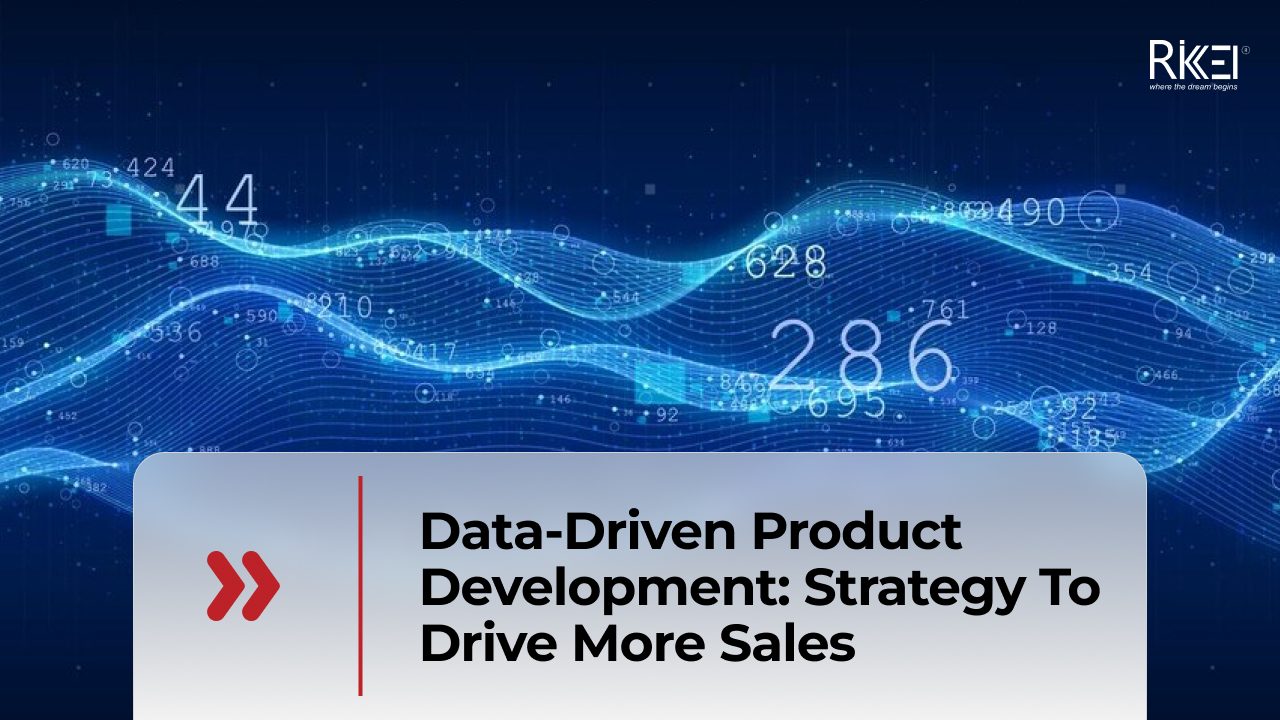
August 8, 2024
Data-Driven Product Development: Strategy To Drive More Sales
As a business owner, you want your products or services to be well-received upon launch. The most effective way to create a product that satisfies a broad range of customers is to gain insights into their needs and behaviors from the outset. The key lies in data-driven product development, a strategy that many companies have […]
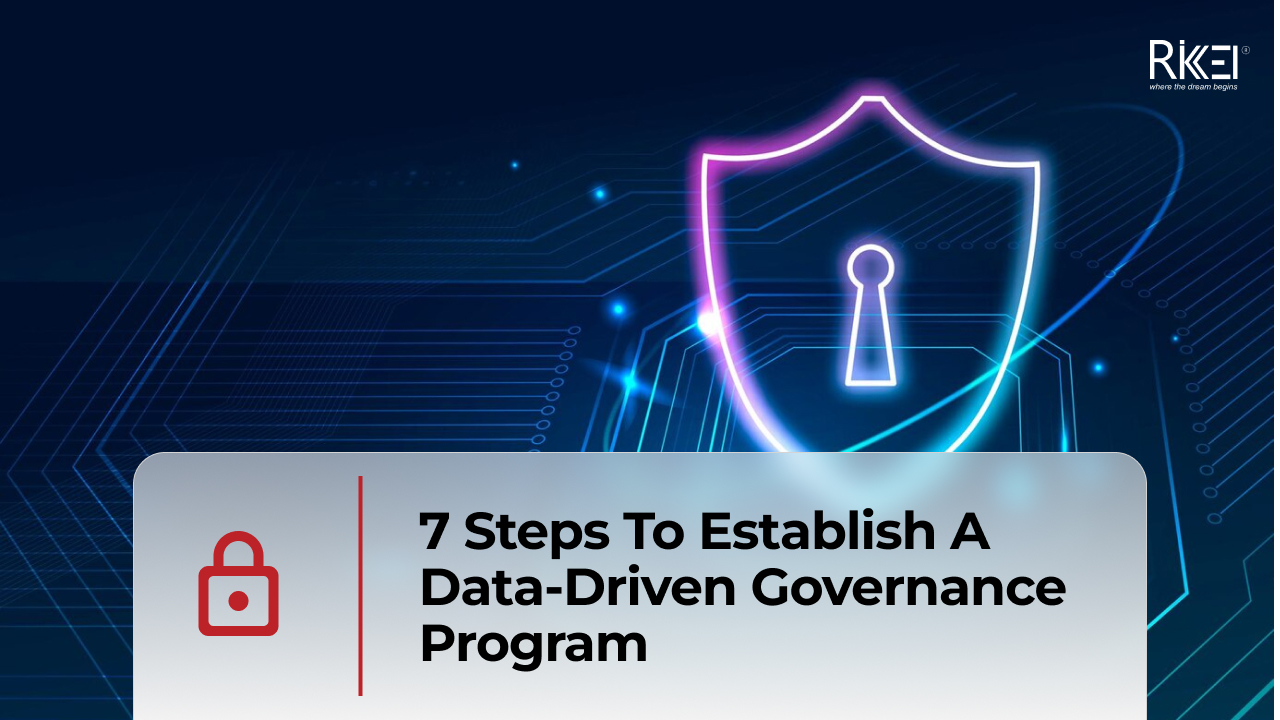
August 8, 2024
7 Steps To Establish A Data-Driven Governance Program
While data-driven approaches significantly benefit organizations in various ways, failure to govern the huge data sets will hurt your business even more. Effective data management also ensures data quality and security. That’s why there is an increasingly high demand for data-driven governance programs. Continue reading for a detailed guide! What Is Data-Driven Governance? Surprisingly, many […]
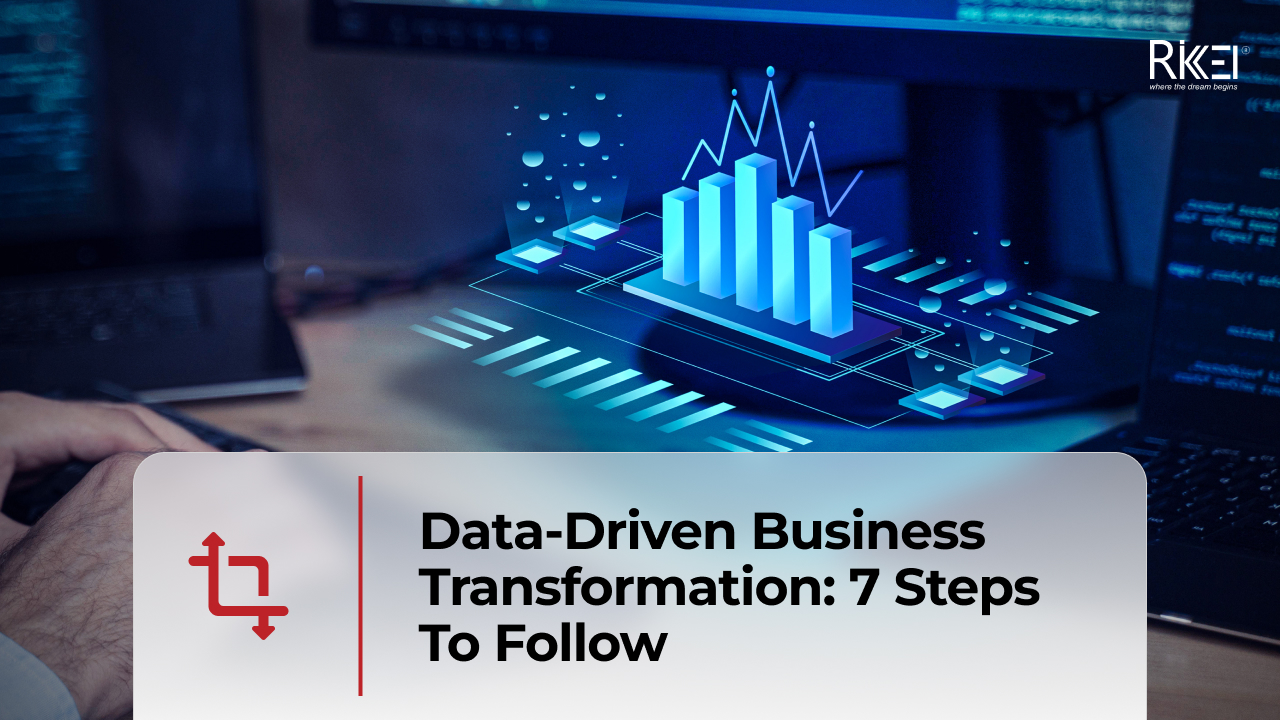
August 8, 2024
Data-Driven Business Transformation: 7 Steps To Follow
Data empowers businesses to make well-informed decisions in different departments, like marketing, human resources, finance, and more. As a business owner, you should also employ data-driven approaches to skyrocket productivity and efficiency. If you are still new to this concept, scroll down for an in-depth guide on data-driven business transformation. What Does A Data-Driven Business […]

August 8, 2024
Data-Driven Security: Transforming Protection Through Analytics
Cybersecurity was once an afterthought for most organizations. But in today’s digital landscape, it has become mission-critical. With this transformation has also come a shift in how security decisions are made. Rather than relying solely on intuition and tradition, leading organizations are embracing data-driven strategies. By using metrics and insights around threats, vulnerabilities, and more, […]
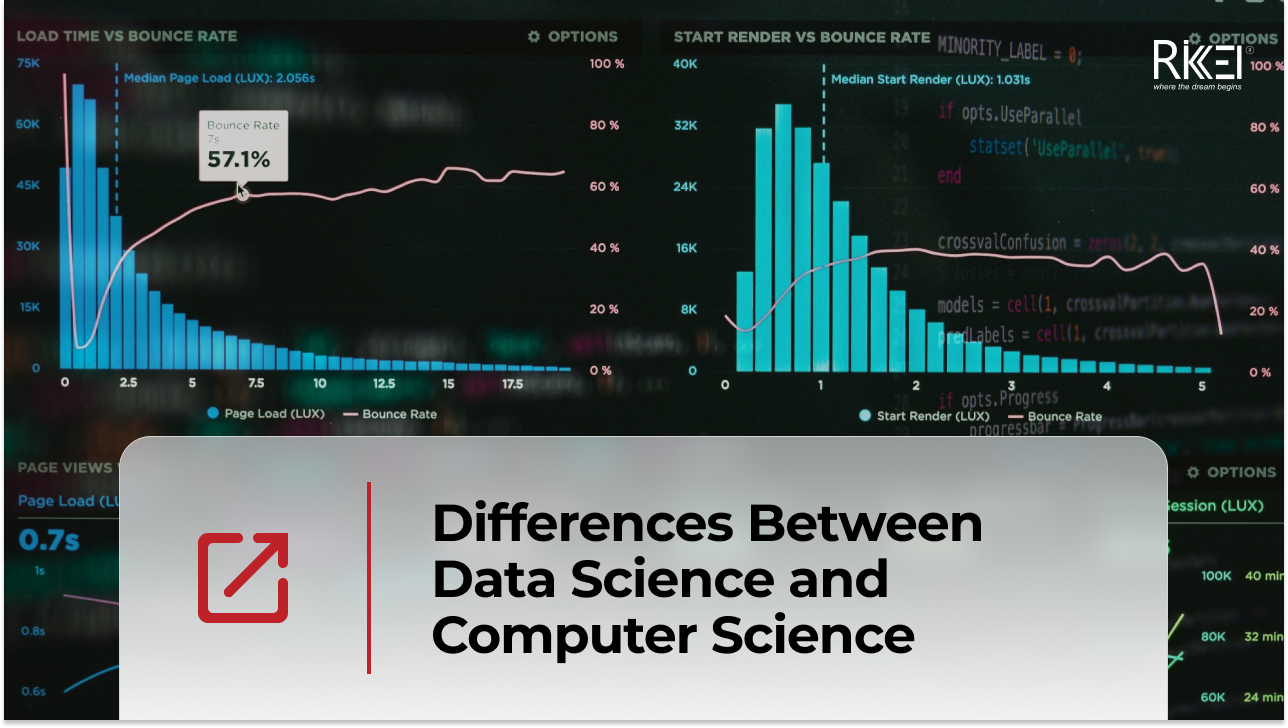
August 8, 2024
Differences Between Data Science and Computer Science
Data Science and Computer Science are distinct fields overlapping in certain areas but have different focuses and objectives. The article below will help you clearly understand the differences and the close connection between the two fields. What is Data Science? Data Science is an interdisciplinary field that combines scientific methods, processes, algorithms, and systems to […]

August 8, 2024
How Real-Time Data Analysis Empowers Your Business
In today’s fast-paced business landscape, the ability to quickly make data-driven decisions has become a key differentiator for success. Real-time data analysis, the process of analyzing data as soon as it’s generated, has emerged as a powerful tool to empower business across industries. By leveraging real-time data analysis, organizations can gain timely and actionable insights, […]

